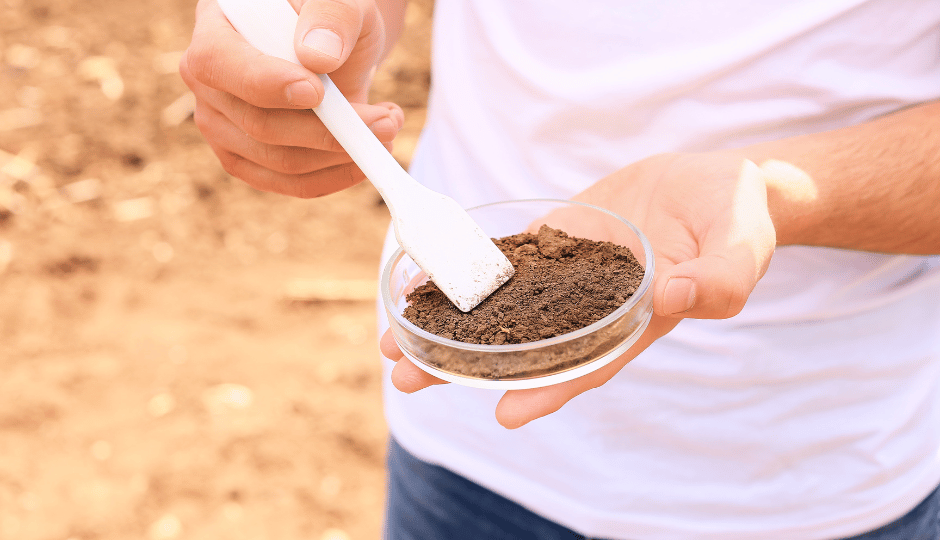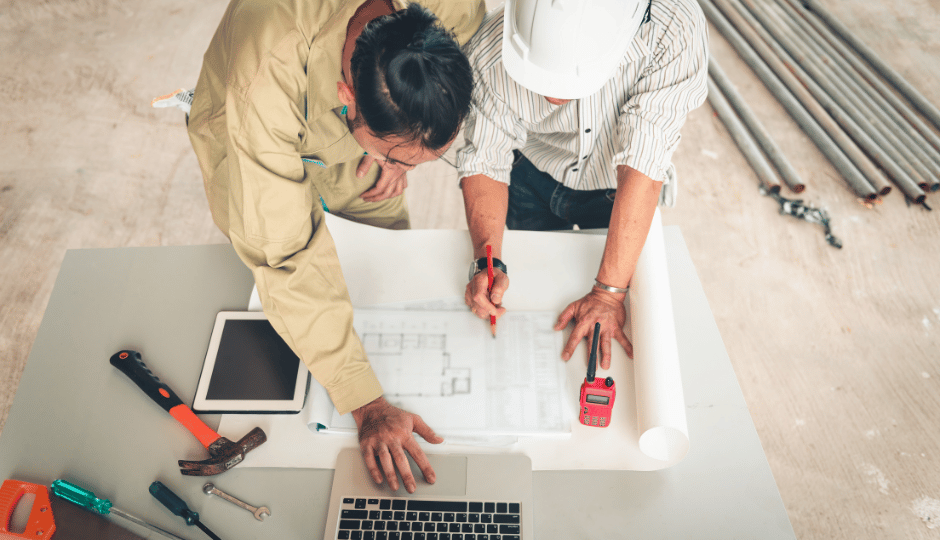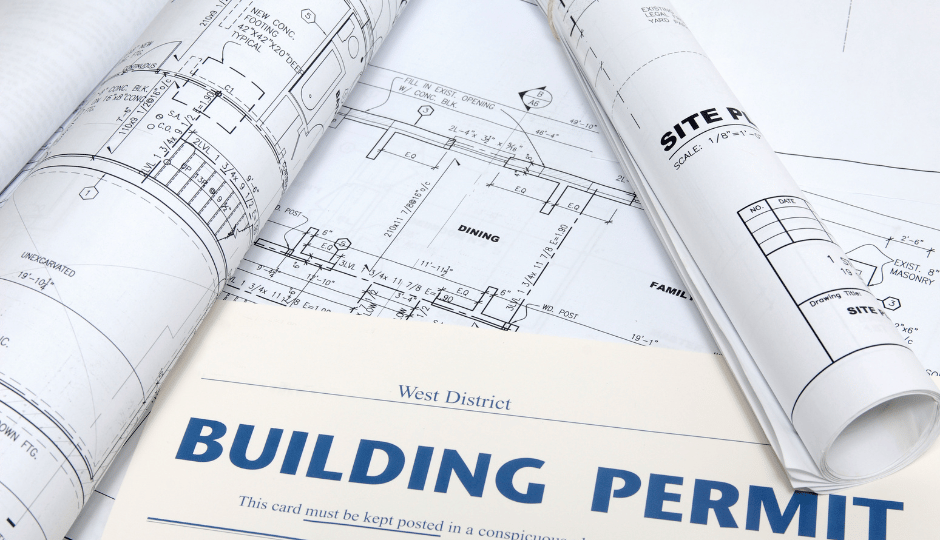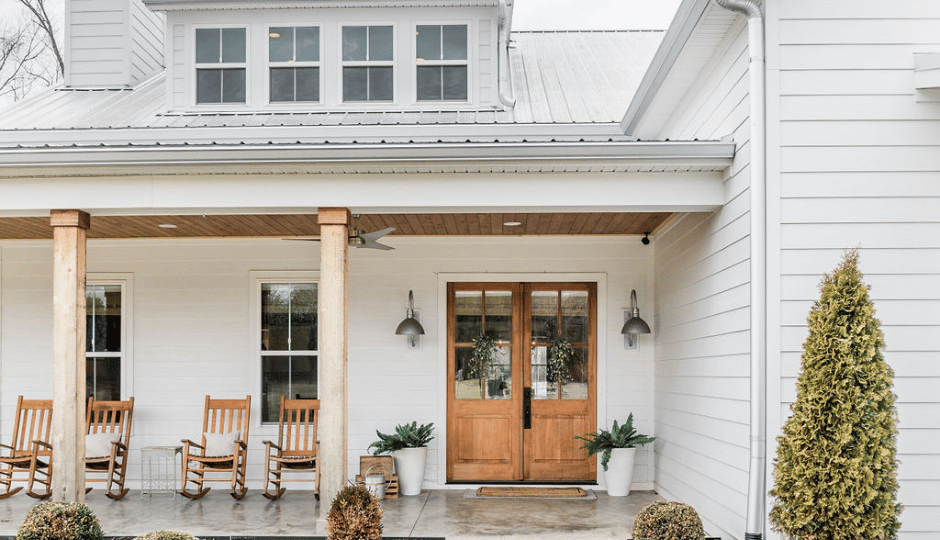If you’re planning to build a home or undertake a major renovation in Houston, understanding the type of soil beneath your foundation is crucial. Houston’s unique geography means that much of the region is built on expansive clay soils, which can present significant challenges for construction. At Gluck Developments, we ensure that every project takes soil conditions into account, preventing costly foundation issues down the line.
What Are Expansive Soils?
Expansive soils, primarily clay-based, are highly reactive to moisture changes. When they absorb water (such as during Houston’s frequent storms), they swell. When they dry out (especially in the hot Texas summers), they shrink. This constant movement can put immense pressure on foundations, leading to cracks, shifting, and long-term structural damage.
Common Soil Types in Houston
Houston’s soil varies by location, but the most common types include:
1. Clay Soils (Expansive Clay)
- The dominant soil type in Houston, particularly in areas like Katy, Sugar Land, and The Woodlands.
- Expands significantly when wet and contracts when dry, leading to foundation instability.
- Requires special foundation design considerations, such as reinforced slabs or pier and beam systems.
2. Sandy Loam Soils
- Found in some areas of northwest Houston.
- Drains well and doesn’t expand or contract as much as clay.
- More stable for building but may require soil stabilization techniques to prevent shifting.
3. Silt and Silty Clay Soils
- Holds moisture longer than sand but is not as expansive as pure clay.
- Can lead to drainage issues if not properly managed.
- Often requires additional grading and drainage solutions for construction.
How Expansive Soils Affect Foundations
The movement of expansive clay soils can lead to:
- Foundation Cracks – Uneven soil movement puts stress on concrete slabs.
- Doors and Windows Misalignment – Shifting foundations can cause difficulty in opening and closing doors.
- Uneven Flooring – Soil instability can lead to sinking or rising areas within the home.
How to build on expansive soils

At Gluck Developments, we take proactive measures to mitigate the risks associated with Houston’s soil conditions:
Soil Testing: Before construction begins, we conduct a geotechnical analysis to understand the specific soil composition on your property.
Proper Foundation Design: Depending on the soil report, we may recommend:
- Post-Tensioned Slabs – Reinforced concrete slabs designed to resist movement.
- Pier and Beam Foundations – Elevates the home and provides flexibility against soil expansion.
Drainage and Moisture Control:
- Grading the property to direct water away from the foundation.
- Installing proper drainage systems to prevent excessive soil moisture changes.
Final Thoughts
Understanding and addressing Houston’s soil challenges is key to building a durable home. At Gluck Developments, we ensure that every project is designed to withstand the region’s unique conditions, providing you with a structurally sound and long-lasting home.
Planning to build in Houston? Contact us today to learn how we can help design a foundation built for Texas soils!




